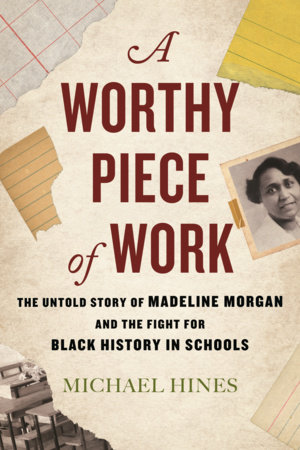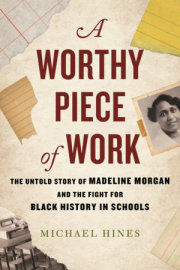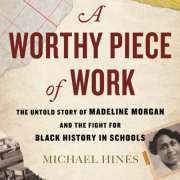Celebrating Juneteenth
Juneteenth is the oldest nationally celebrated commemoration of the ending of slavery in the United States. It commemorates June 19, 1865, when Union troops arrived in Galveston, Texas, to announce the freedom of the more than 250,000 enslaved Black people in Texas. The newly freed Black Americans observed Juneteenth as a celebration of freedom and





